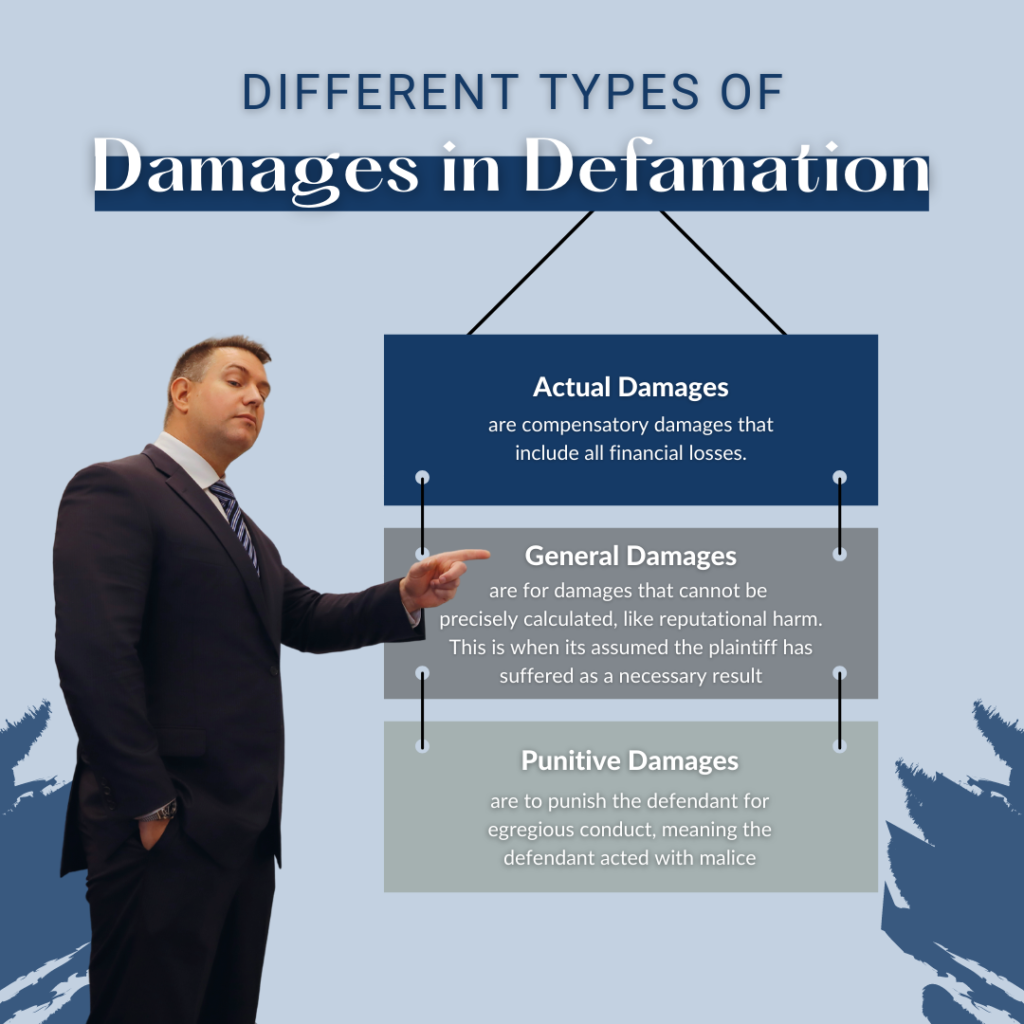What You Need to Know about Bringing a Defamation Lawsuit
What You Need to Know about Bringing a Defamation Lawsuit

As a business owner or entrepreneur, your reputation is everything. Defamatory statements can cause personal distress, income loss, and even irreparable damage to your brand. In such cases, you have the right to bring a defamation lawsuit against the person who made the false statement.
Bringing a defamation lawsuit requires careful consideration and a clear understanding of the legal process. Here, we’ll provide information on the most important factors to consider before initiating a defamation lawsuit.
What Is Defamation?
Defamation is the act of making false and damaging statements about a person or business to a third party. It can take many forms, including libel and slander. The term ‘libel’ describes false statements expressed in written or published form, while ‘slander’ pertains to false statements made verbally or through speech.
To bring a defamation lawsuit, you must prove that the statements made were false, caused damage to your reputation, and were made with negligence, or actual malice if you are a public figure.
Why Hire a Defamation Lawyer?
When filing a lawsuit, it is essential to retain a defamation attorney. Because defamation lawsuits can be complicated, you need an experienced lawyer who is familiar with the legal nuances and processes associated with a defamation action.
A defamation lawyer can help you determine whether you have a strong case and guide you through the entire process, from filing the initial complaint to presenting evidence in court.
What Are the Requirements for a Defamation Lawsuit?
To bring a defamation lawsuit, you must meet the following criteria.
- The statement must be false. You cannot sue someone for defamation if what they said is true, no matter how damaging it may be to your reputation.
- The statement must have caused you harm. This harm can be in the form of lost business, damage to your reputation, or emotional distress.
- The statement must have been communicated to a third party. You cannot file a defamation claim if someone made a false statement about you, but no one else heard it.
- You must prove that the person who made the statement acted with negligence, or actual malice if you are a public figure. Negligence denotes a knowing fabrication of the truth, whereas actual malice is when someone lies on purpose, with the intentions to hurt another person, or were reckless about whether the statement was true or not but said it anyway.
What Damages Can You Recover in a Defamation Lawsuit?
If you win a defamation lawsuit, you can recover damages to compensate for the harm caused by the false statements. These damages can include:
- Actual damages: lost profits, wages, and other financial losses resulting from the defamation.
- General damages: harm to your reputation, emotional distress, and loss of enjoyment of life.
- Punitive damages: damages awarded to punish the defendant for their malicious or reckless behavior.
Bringing a defamation lawsuit can be a challenging process, but with the right legal representation, you can protect your reputation and receive compensation for the harm caused by false statements. If you are considering bringing a defamation lawsuit, seek the advice of an experienced defamation lawyer. They can help you navigate the legal process and maximize your chances of success.
Defamation Lawyers in Arizona
While defamation can be damaging to your reputation and your business, it’s important to remember that legal options are available to you. Contacting an experienced online defamation lawyer should be your first step toward protecting your rights.
RM Warner Law has extensive experience with defamation cases. Our team of experienced attorneys will help you navigate the legal process to obtain the compensation you deserve.
To schedule a consultation with one of our defamation lawyers, complete our online form or call 1-866-570-8585.
Similar like this
You also might be interested in
Understanding Anonymous Defamation: How It Happens Online
Anonymous defamation occurs when false statements are made about a [...]
Why Influencer Lawsuits Are on the Rise: And What It Means for the Industry
The influencer marketing industry has grown significantly over the past [...]
How to Remove Defamatory Content from the Internet: Legal Options Explained
In today’s digital world, defamatory content can spread quickly online, [...]
What’s the Difference Between Libel and Slander? A Legal Breakdown
A false statement can spread quickly and damage someone’s reputation, [...]






